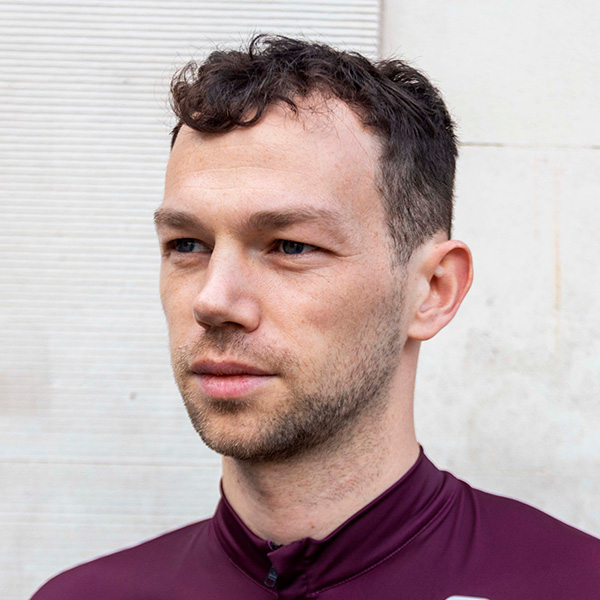Former professional cyclist Lizzy Banks has described sport’s anti-doping system as “broken” after enduring the “psychological torture” of having a two-year ban upheld despite being cleared of cheating.
Banks says the World Anti-Doping Agency (WADA) rules “are not fit for purpose” and must change. She believes the UK, French, German and US anti-doping agencies agree with her position, based on “personal conversations and knowledge of other athletes’ cases”.
The 34-year-old made the allegations in a 13,000-word blog post published on her website today, where she outlined the “harrowing ordeal of living through any athlete’s worst nightmare”.
A two-year ban

In 2023, Banks took a routine urine test that led to a positive finding of the diuretic chlortalidone, a banned substance Banks had never heard of.
Banks, a former medical student, said the only explanation is that one of the medications she had taken to treat asthma and pericarditis, or the paracetamol taken after dental treatment, was contaminated.
Last year, Banks became the first British athlete to have a suspension overturned by UK Anti-Doping, which found “no fault or negligence” after establishing the source of chlortalidone as contamination.
But WADA appealed to the Court of Arbitration of Sport (CAS), which said Banks had been unable to prove the source of contamination. CAS imposed a two-year ban, which was backdated and is now served.
Banks said the “odds felt heavily stacked” against her in the case and implied in her blog post that her case was used as a deterrent to others.
The post reads: “WADA spoke first at the tribunal. They opened by claiming that if the appeal was not upheld, this would be the end for sport and fair play. Not because they thought I was a doper, but because they didn’t want athletes to be able to ‘get away with’ claiming contamination.”
Banks said CAS allowed WADA to submit 600 pages of extra evidence the day after the hearing. “They had placed me in a position where they could assert whatever they wished regarding these cases and I had no fair opportunity to respond to or rebut their statements,” she claimed.
Banks had requested that WADA disclose files pertaining to the China Anti-Doping Agency (CHINADA) case involving 23 Chinese swimmers who were cleared of doping offences on the grounds of contamination.
Banks said she also requested CAS appoint an independent expert witness, Professor Mario Thevis, an expert in contamination in anti-doping. In 2016, Thevis recommended a minimum reporting limit of 200ng/ml for all diuretics. The estimated concentration of chlortalidone in Banks’ sample was 70ng/ml.
“Something has to change”

A two-time Giro d’Italia stage winner, Banks has said she bankrupted herself spending £40,000 on legal fees and had to retire from sport due to the physical and mental toll the experience had taken on her.
“The hearing itself was one of the worst days of my life. I simply don’t have the words to describe the horrifying experience,” she said.
Banks wrote: “Just before publication of this article, a lawyer involved in the case, who wished to remain anonymous, said to me that: ‘I had no firm views on WADA before your case but I was shocked and disappointed by the way they handled the entire process. It was entirely inappropriate. No regulatory body should ever treat anybody like that’.”
Banks concluded the post on her website by saying: “Something has to change.”
“The rules must be updated and modernised to reflect the scientific reality of contamination. The system must [be] overhauled,” she said. “We cannot have a system that allows the career of an athlete of integrity who has been found not to have cheated to end up in a position where they have no chance of defending themselves and no chance of receiving anything less than a 2 year sanction. This is not proportional, not fair, and not right.”
A WADA statement issued to The Telegraph said that it “diligently prosecuted the appeal”.
“After a full and fair hearing at Cas, the panel agreed with Wada that the athlete had failed to establish, on the balance of probabilities, how the substance came to be in her system,” the statement said.
WADA also argued that the case of the Chinese swimmers was not comparable: “In the Chinese case, origin was established, based on specific factual and scientific evidence.”
